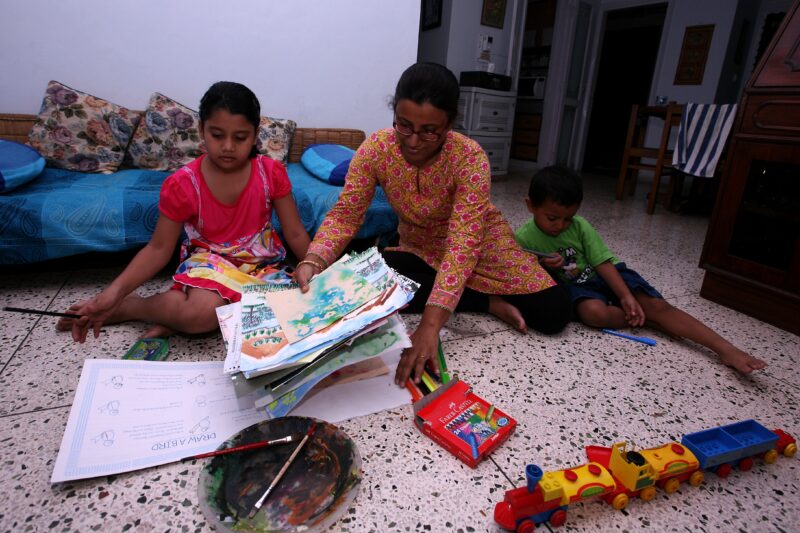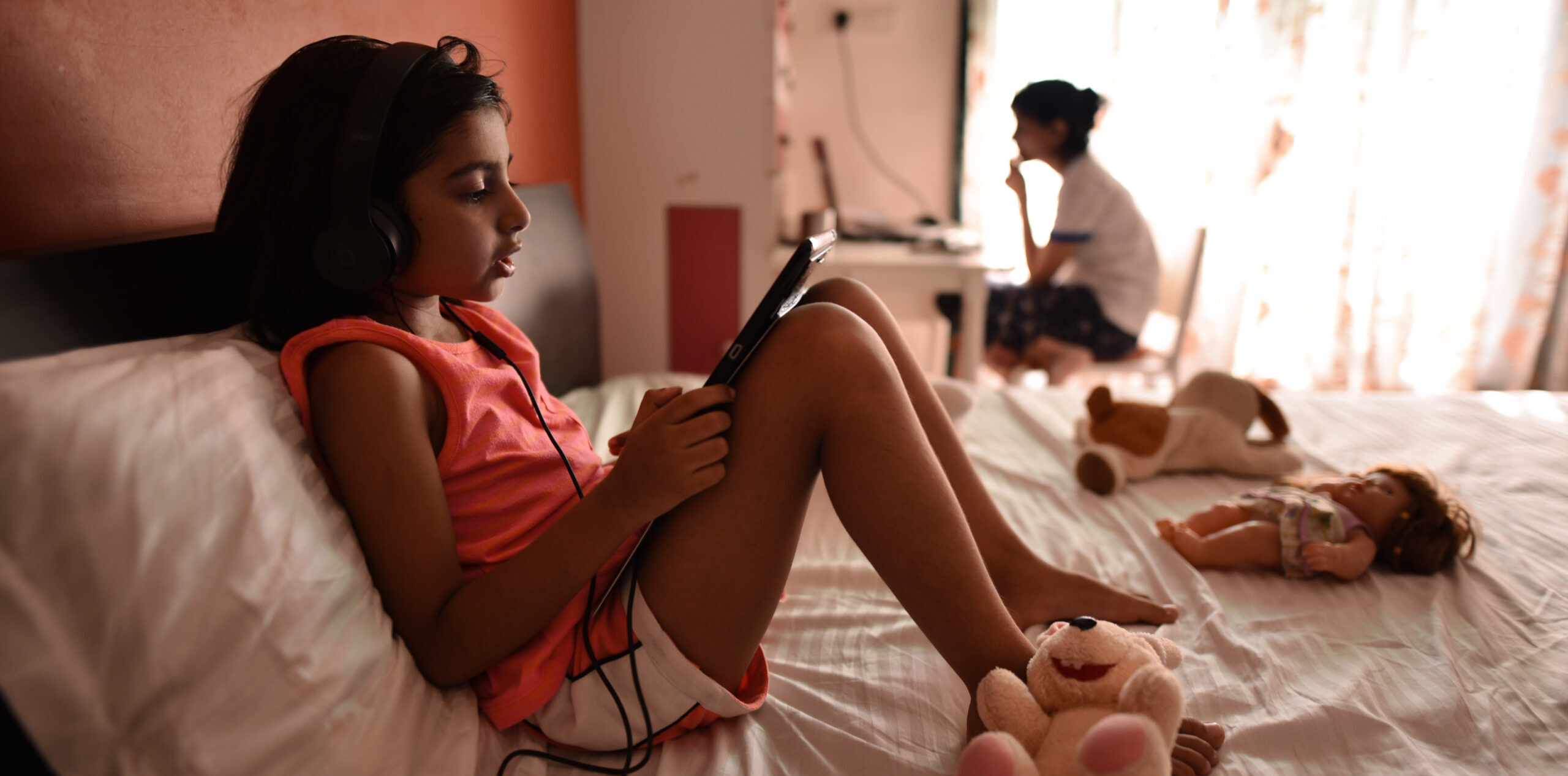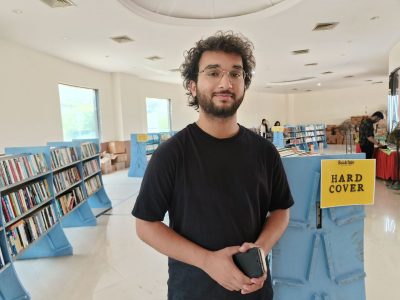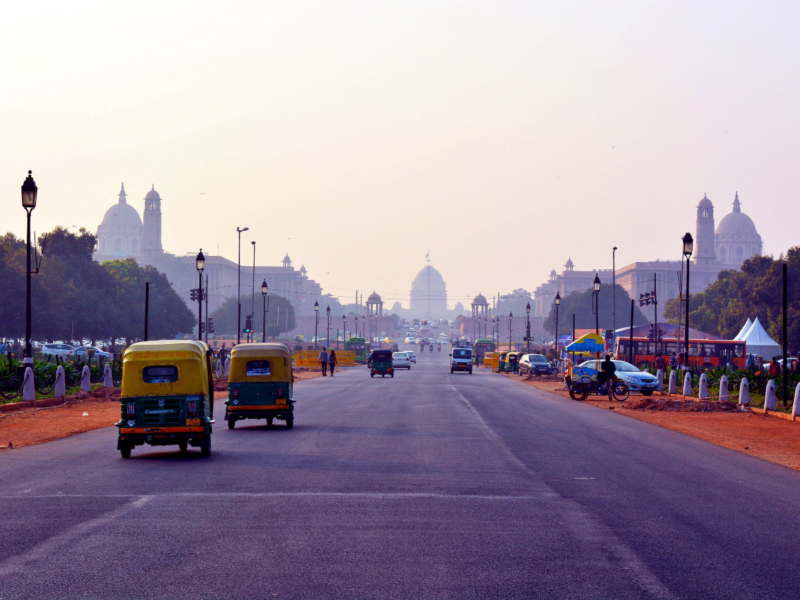With the onset of the pandemic, many of us got the chance to restructure life. While some changed their mode of work, others found new recreational interests. Several Indian parents also found their new calling, far away from the norm: homeschooling. Patriot took a look into the lives of parents whose kids are being homeschooled and tried to understand if the trend that picked up recently has any longevity.
Ankit is an independent education consultant who formerly worked with Oxfam. He cited a study that sought to understand the rising anxiety among Indian parents to send their children back to school amid the pandemic.
“During the pandemic, a lot of parents of children studying in private schools, got the chance to experiment with homeschooling in different ways. There’s a large percentage of students who are now taking private tuition or physical tuition. Parents have been reluctant to send their kids back to schools. According to one of our studies, at least 27-30% of parents said that they were not willing to send their kids back to school”, he says.
Ease on pocket
Rituraj is one such parent from Gurgaon, whose son studies in the second grade in homeschooling. “We are still apprehensive about sending him for offline classes. There is definitely a fear. Besides, it cuts our expenses on travel and other things greatly. If we feel the need to send him back to a traditional school later, say after fifth standard, we’ll see”, he says.
He adds that they have decided their son will be homeschooled for the current year. They have arranged books and other essential items too. His son was put into homeschooling around the time the first wave hit the nation in March 2020. Since then, Rituraj and his wife have continued with this newfound way of schooling their son.
Rituraj adds, “We also take his test sometimes to understand his progress. We prepare the question papers ourselves. My wife has a degree in maths and has experience in teaching, so she has been very helpful in this process. The school also takes exams annually. We had him give the test online last year too, and we hope to have it the same way this year as well.”
He also thinks it is much better than offline schooling because the school system pressurises students way too much, and it harms their mental and physical growth. Interestingly, he says, “At least till fifth standard, children could be homeschooled. It helps in inculcating a sense of life, culture and manners in the child.”
Parents consider a switch
These thoughts echo the concerns of many other parents who – in a race to find a better schooling system that does not jeopardise their child’s physical health – have repeatedly asked experts and parents of homeschooled children about the functionality of homeschooling.
“I get hundreds of queries everyday from several parents. They want to know how I have been handling my personal life with the child’s education and interaction with the world”, says Shreya, another parent whose decision to homeschool came way before the pandemic compelled many other parents to think about this alternative.
“But also, as more and more of them realised the challenges of homeschooling kids, they started drifting back to traditional systems, while a few of them went on to adapt to this new system”, she added.
Speaking about why she decided to put her child into homeschooling, she said, “My first reason was that I felt like my child was feeling stuck in the traditional environment of the school. He hardly had any choice in choosing how he goes about his lessons and everything. The principal and the teachers decided for my kid.” Shreya says that homeschooling can only work out if the kid has a guardian to look after them at all times.

Juggling roles
“I stay at home, but I am a freelancer as well. My husband and I decided that for two hours every evening, he will take care of our children. In those two hours, I work. So, I don’t feel like I am losing touch with my work because of this setup. Besides, we live in a huge society where my kids get to have a huge playground where they play from 4 pm onwards”, Shreya says.
Her child, she says, enjoys this mode of learning, much like Rituraj’s son. “They do not like the extra study time and wonder why it is relevant when they have to give exams. Besides, earlier, some of my family members were apprehensive about homeschooling. But now, they have accepted it and they feel confident in homeschooling”, Shreya adds.
When it comes to exams, Shreya says there are at least two boards – CBSE and the NIOS – that officially recognise homeschooled kids and allow them to sit for exams.
“After my husband’s work shift, he takes care of them between 6 to 8 pm. It is absolutely important in such setups that one parent stays with the kid at all times. Some couples also tried to work this out with the child’s grandparents, but that does not really work so well because they have their own old-age needs”, she says further.
Sticking to offline schools
Ankit agrees with this notion and believes that homeschooling often fails to provide the same social setup for kids that traditional schooling could. He understands that homeschooling is still a thing that is mostly limited to the more well-off parents who can experiment.
According to Madiha Musarrat, a professional in the education field, offline schooling remains the best shot for many first or second generation learners. According to a teacher at Ryan International School, her students found the home study setup more difficult.
She believes that we still lack a solid structure for alternative learning. To her knowledge, most of the kids have now come back to school, except one student in the 10th standard. His parents have remained apprehensive about the new strain of Covid, and they want to wait more before they send their child back.
A support system for many
While online classes were a boon for some, for many single parents and households where both parents are in service, this mode was hardly a respite. Some of the parents who are associated with homeschooling services, have children going to full-time schools. They also have their children enrolled with support networks that assist and guide children in coping with the transition to offline class mode.
Educator Nayika Sayal, the founder of Niraya Education, tells Patriot that parental response to home-schooling has been immensely good. “The trend really picked up during the pandemic and it continues to be relevant”, she states. The platform has been helping kids in dealing with offline classes through homeschooling.
Aahan is a nursery-class student at Modern School. According to his mother Nidhi, “Being a mother, I have always been really concerned and apprehensive with my child’s education. And with the pandemic, things had become worse due to online classes.” She says that with tailor-made classes and assistance from Niraya, they have been able to work things out better, and he now attends classes and activities that he otherwise simply refused to participate in.
Dipika has a child in the fifth standard at Modern School too who has been struggling with online education ever since the first lockdown was imposed. But with assistance, her daughter now happily attends not only her classes but also workshops.
“More than the fee, it is about the fact that you will not have the kind of security which comes with traditional schooling. If you are comfortable with the idea of homeschooling, then money is a secondary point here. Even if people could afford it, they would not make the jump”, says Rajitha Gopinatha, another parent and an education professional.
While the pandemic pushed many into finding alternatives, it has also made many concerned about the need to find better avenues. Homeschooling opened a way to ease expenses for several, and for the others, it provided them with a permanent new way of life.
According to Rajitha, shifting a child from a traditional system is in itself a challenge. “We are the kind of parents who would not have in normal times preferred homeschooling. We would not want our kids to be isolated”, she says.
For more stories that cover the ongoings of Delhi NCR, follow us Instagram: https://www.instagram.com/thepatriot_in/
Twitter: https://twitter.com/Patriot_Delhi
Facebook: https://www.facebook.com/Thepatriotnewsindia





